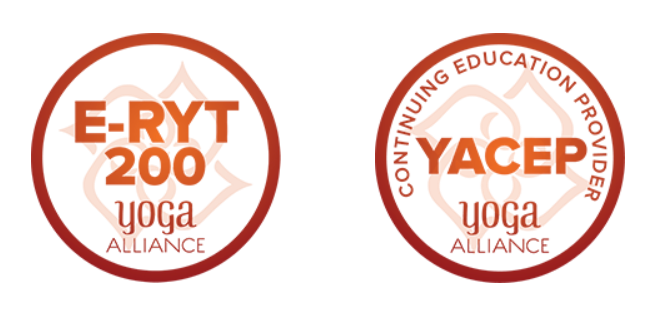
Course Description
The Path of Purification (Pali: Visuddhimagga) was composed as a compendium of the Buddha's teachings in the 5th century CE by Bhadantācariya Buddhaghosa, the foremost commentator in the Theravada tradition, who is also credited with editing and translating most of the commentaries on the Pali canon. The Path of Purification is second only to the Buddha's own words as a source of doctrine and practice for the Theravada tradition.
The text is a manual of practice for monks and nuns, and is structured into three main parts. First is morality (sīla), the foundation of the path; second is the detailed practices of meditation and contemplation (samādhi) aimed at radically reconfiguring experience; and third is the practices of wisdom, insight, and understanding (paññā).
In this course, we will explore this key text closely over the course of six weeks. As we read, we will learn to think with Buddhaghosa as he tries to make sense of the Buddha’s teachings. How did he read Buddhist scriptures, and how did he think about what the Buddha taught? We will also try to develop a method for approaching Buddhist texts so that students leaving the course will feel confident that they can approach scriptures and commentaries on their own as they continue their educational journey.

Course Modules
Module 1 — Who was Buddhaghosa and What is the Visuddhimagga?
Module 2 — Buddhist Texts as Methods and Modes of Pedagogy
Module 3 — Morality (sīla)
Module 4 — Concentration (samādhi), Part 1
Module 5 — Concentration (samādhi), Part 2
Module 6 — Understanding (paññā)
Students Will Receive:
- 6 Video + Audio lectures (90 min)
- 6 Prerecorded Q&A sessions (90 min)
- 5 BS Credits
- 18 Hours of CE credit with YA
- Course Syllabus (PDF)
- Course Readings (PDF)
- 6 Multiple Choice Quizzes
- Yogic Studies Certificate (PDF)
- Access to Yogic Studies Community
Dr. Maria Heim
George Lyman Crosby 1896 & Stanley Warfield Crosby Professor in Religion, Amherst College
Maria Heim received her PhD from Harvard University in 1999, and was honored with a Guggenheim Fellowship in 2005. She currently chairs the Department of Religion at Amherst.
Heim works on Sanskrit and Pali textual traditions. She has written three books on Buddhaghosa (The Forerunner of All Things: Buddhaghosa on Mind, Intention, and Agency, Oxford, 2014; Voice of the Buddha: Buddhaghosa on the Immeasurable Words, Oxford 2018; and Buddhist Ethics, Cambridge, 2020). She is currently working on emotions in ancient and classical India, and her most recent book, A Treasury of Emotions from Classical India, is forthcoming from Princeton University Press. She is also translating the Milindapañha for the Murty Classical Library of India.

This course is eligible for 18 hours of Continued Education (CE) credits with Yoga Alliance

Stay Informed
Sign up for the Yogic Studies mailing list to find out first about upcoming courses, podcast episodes, promotions, events, and the latest research delivered straight to your inbox.

